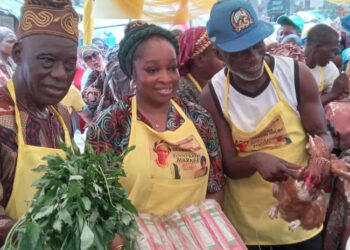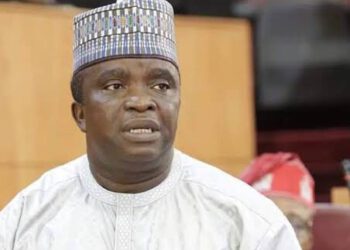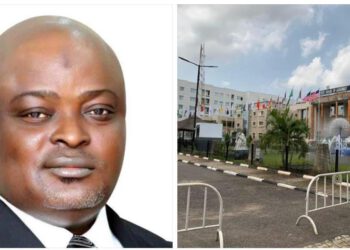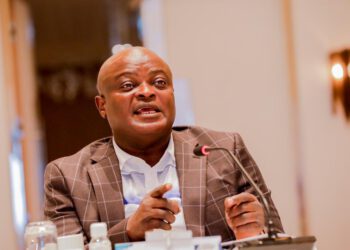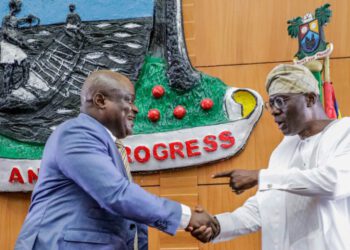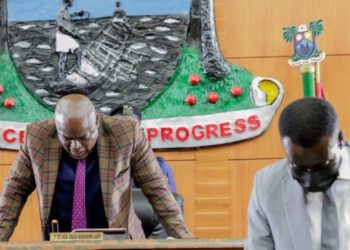The Lagos State House of Assembly does not only just pride itself to be above the common standards of excellence. No. If that was the case, it would just have been the adoption of a political nomenclature for exigencies. Instead, the Assembly has stood firm practising what makes it thick and engaging in activities that continue to sustain its enviable place in Nigeria.
A House of 40 members, the Assembly is an evidence or ‘receipt’ like the young social media-minded Nigerians would put it, that Lagos is, indeed, fortunate to attain the height that is taking others a ‘thousand years’ to reach. The first three plenaries of the Assembly are the needed ‘receipts’. The very first plenary was interesting. It was a day set of 20 fresh lawmakers had the opportunities to test their debating capacities. Any stranger within the chamber that day would not be able to tell who was a first-term lawmaker or who was a ranking member. The new lawmakers proved their mettles.
If that first sitting was beautiful, then the second plenary was more dramatic. The new lawmakers presented their cases expressing their reservations over the list of Governor Babajide Sanwo-Olu’s nominees. Interestingly, it was a first-term lawmaker who set the ball rolling by calling attention to the fact that his part of Lagos was not properly represented in the list. Then, many of his colleagues followed suit.
These first few sittings by the lawmakers have proven that point, or maybe, the argument that the Lagos Assembly does not lack competent representatives that have helped driven government’s policies, strengthened democracy and adequately stood for the people whose mandates brought them to the House.
It is, however, noteworthy that competence is mostly built. And legislative competence, a cluster of activities put together to add to or multiply knowledge, skills, and abilities possessed by legislators to effectively carry out their duties and responsibilities, has been the watchword. It was the American writer Daniel Pink who said: “Human beings have an innate inner drive to be autonomous, self-determined and connected to one another. And, when that drive is liberated, people achieve more and live richer lives.” With this, knowing the secret of how the Lagos Assembly has gone this far is not farfetched.
Since 2015 when he emerged Speaker of the House, Rt. Hon. Mudashiru Obasa has made the training and retraining of lawmakers and staff a focal point of his administration. With the 10th Assembly which began in June, 2023, Dr. Obasa will become the longest serving Speaker of a legislative arm in Nigeria and arguably one with the most focus human capital development, which has seen the Lagos Assembly constantly coming out with laws which have met international standards and have become yardsticks for which progress is measured.
Today, it is known that Obasa’s period already has the highest number of private member bills in the history of Lagos with the Neighbourhood Safety Corps, a precursor to Amotekun corps, being one of the most celebrated so far. There are the Anti-kidnapping law, the law which makes the teaching of Yoruba language compulsory in schools, and that establishing the Institute of Democratic and Legislative Studies.
In the buildup to the 10th Assembly, the House, as usual, subjected the lawmakers-elect and staff to varied, yet rigorous trainings, seminars and workshops where the incoming legislators had the opportunity to understand the practical workings of the House as well as have a grasp of their proposed tasks. And it worked with evidence from the first set of plenaries so far.
There is this soothing feeling knowing that these lawmakers of the 10th Assembly remain confident of their capacities and are poised to end the next four years with bills, resolutions and laws for the benefits of Lagos, its residents and the nation. We are optimistic.
Afeez Adenekan wrote this piece from Lagos.



